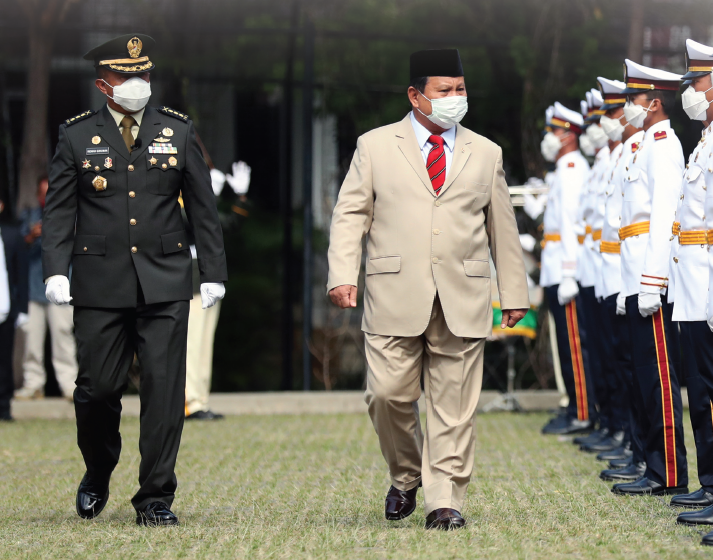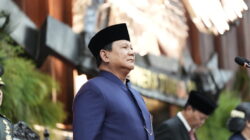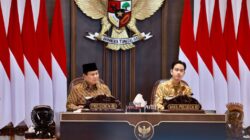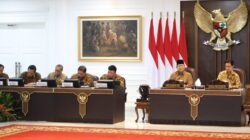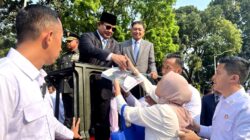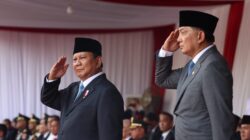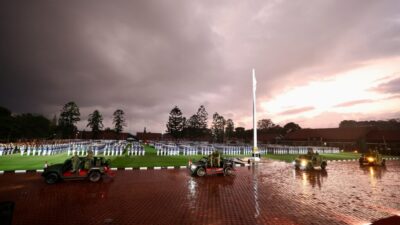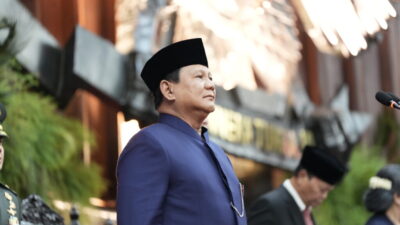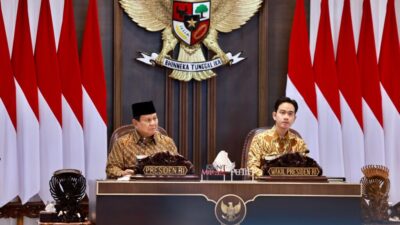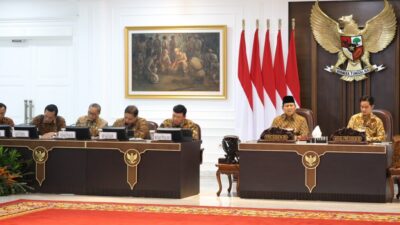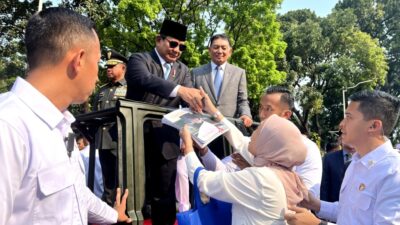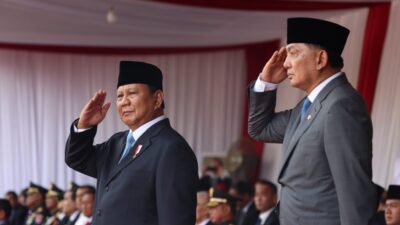Rewritten Article:
Courage is a vital quality that a soldier must possess. It includes both physical courage in the face of danger and moral courage to stand by one’s beliefs even if it means risking one’s rank and position. Leaders must be able to make tough decisions in challenging situations, and without courage, they cannot succeed. A commander who lacks courage will lose the respect of their men.
A prominent and benevolent personality is also essential for a military leader. It is important that a leader displays honesty, humility, sacrifice, and a willingness to put others before themselves. The eight personality traits known as hasta brata from Indonesian forefathers serve as a guide for good leadership qualities.
Loyalty to the country, the nation, and the people is crucial for a military leader. Leaders must show commitment to their organization and dedication to their comrades and subordinates. Blaming others when things go wrong and taking credit for success are signs of a weak leader. True leaders put the interests of their men above their own.
Professional skills are necessary for a leader to succeed. They must have a deep understanding of their field and be proficient in tactics and techniques. Passion is also vital, as it drives a leader to achieve victory and endure hardships. The most successful leaders are those who execute their plans vigorously with passion and determination.
A leadership philosophy is essential for guiding a leader in their decision-making. The 11 Principles of TNI Leadership and the principle of prioritizing the interests of the country, the men, and then oneself serve as a framework for effective leadership. Physical fitness, presence at critical moments, forward-thinking, and creativity are also important qualities for a successful leader.
Additionally, being prepared for the worst-case scenario, having a sense of responsibility and dedication, and adhering to Murphy’s Law are important aspects of effective military leadership. A leader must always be ready to face challenges and take responsibility for their actions. Ultimately, successful military leadership requires a combination of courage, personality traits, loyalty, skills, passion, and a sense of responsibility.
